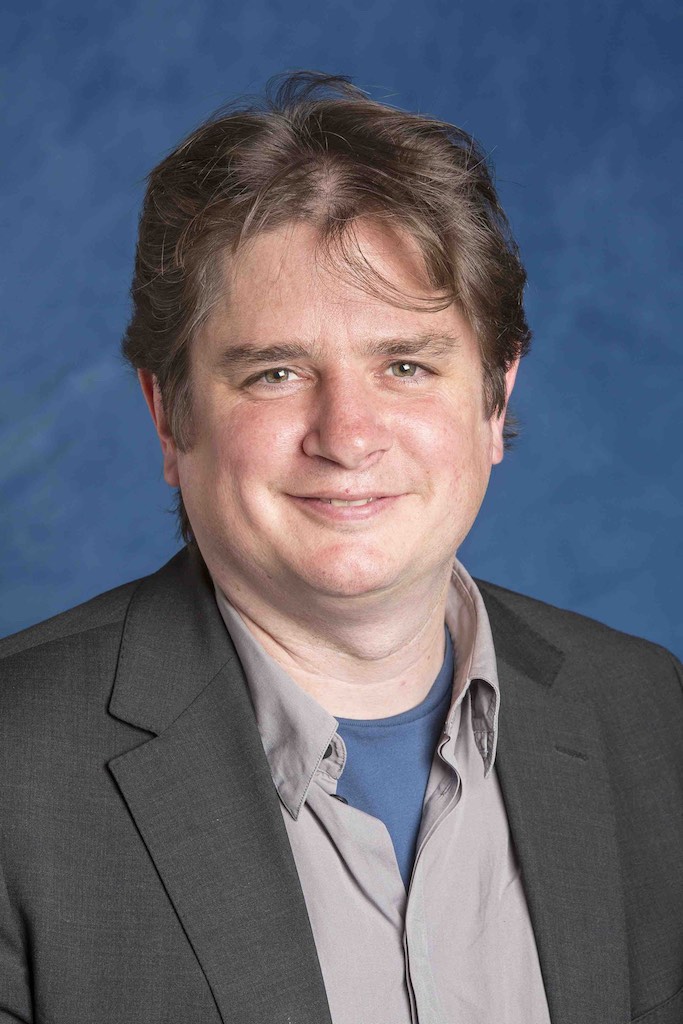

| home |
| group members |
| publications |
| talks/presentations |
| teaching |
| Google Scholar Citations |
Condensed Matter Theory, PHAS0059
- Course Outline and Lecture Notes
1. From the Harmonic Oscillator to Phonons
- The Harmonic Oscillator
- Two Coupled Oscillators
- The Harmonic Chain
- Specific Heat of Phonons in the Harmonic Crystal
2. Second Quantisation
- Identical Particles
- Occupation Numbers and Fock Space
- Creation and Annihilation Operators
- Transformation between Bases
- Single- and Two-Particle Operators
- Unitary and Bogoliubov Transformations
3. The Weakly-Interacting Bose Gas
- Bose-Einstein Condensation
- Mean Field Theory of Weakly Interacting Bose Gas
- Landau's Critical Superfluid Velocity
- Superfluid Fraction
4. Quantum Magnets
- The Heisenberg Model
- Holstein-Primakoff Transformation
- Linear Spin-Wave Theory
- The Heisenberg Ferromagnet
- The Heisenberg Antiferromagnet
- One-Dimensional Spin Chains
- Haldane's Conjecture
- Jordan-Wigner Transformation for S=1/2 chains
- The Haldane S=1 chain, AKLT Model
5. The Free Fermi Gas
- Fermi Function and Density of States
- The Sommerfeld Expansion
6. Landau Theory of Fermi Liquids
- Lifetime of Quasiparticles
- Relation between bare Fermions and Quasiparticles
- Parametrising Excitation Energies
- Measuring the Landau Parameters
7. BCS Theory of Superconductivity
- Electron-Phonon Interaction
- The Cooper Problem
- The Role of the Coulomb Repulsion
- The BCS Wave Function
- BCS Mean Field Theory
8. Strong Correlations
- Tight-Binding Approximation
- The Hubbard Model
- Mott Insulators and Antiferromagnetism
- The Mott Transition
- Magnetic Impurities in Metals
- The Anderson Impurity Model
- The Kondo Model
- The Kondo Problem
9. Topology in Condensed Matter
- Topological Invariants
- Integer Quantum Hall Effect and Chern Numbers
- The Haldane Model
- Bulk-Boundary Correspondence
- Main Suggested Texts
- See the lecture notes of Prof John Chalker with which this course has a large overlap
http://www-thphys.physics.ox.ac.uk/people/JohnChalker/qtcm/lecture-notes.pdf
- N.W. Ashcroft and N.D. Mermin, Solid State Physics, Holt-Sanders (1976).
- A. Auerbach, Interacting Electrons and Quantum Magnetism, Springer (1994).
A good introduction to a range of current theoretical ideas. - S.K. Ma, Statistical Mechanics, World Scientific (1985).
Strongly recommended book at a level suitable for first year graduate students. - J.P. Blaizot and G. Ripka, Quantum Theory of Finite Systems, MIT (1986).
A very thorough treatment of second quantisation, canonical transformations and
self-consistent field approximations. - P.W. Anderson, Concepts in Solids, Benjamin (1963).
A classic introduction to solid state physics at a graduate level. - D. Pines and P. Nozieres, The Theory of Quantum Liquid, Addison Wesley (1989).
A standard account of Fermi liquids. - P.W. Anderson, Basic Notions in Condensed Matter Physics, Benjamin (1984).
An advanced discussion of some of the most important ideas in the subject.
- See the lecture notes of Prof John Chalker with which this course has a large overlap
- More Advanced Graduate Text
- A. Altland and B.D. Simons Quantum Field Theory in Condensed Matter Physics,
Cambridge University Press (2006).
An accessible introduction to the subject.
- A. Altland and B.D. Simons Quantum Field Theory in Condensed Matter Physics,